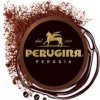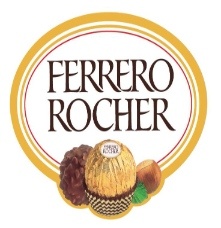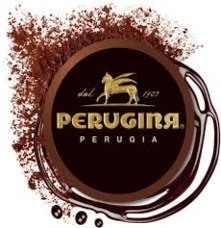Storck
We proudly supply Storck’s delightful range of confectionery and chocolates, including favorites like Werther’s Original, Riesen, Toffifee, Merci, and Knoppers. Our delicious products are offered worldwide at affordable prices. Whether you’re looking for candies, chocolates, or wafers, we’re dedicated to helping you find the best Storck treats. Reach out today to place an order or learn more about Storck.
Storck: A Legacy of German Confectionery Excellence
Storck, officially August Storck KG, is a prominent family-owned German confectionery company founded in 1903 by August Storck in the town of Werther, North Rhine-Westphalia. Originally starting as a small candy factory with only three employees, Storck focused on supplying candy to local shops. Over the decades, it grew into one of Germany’s largest and most respected confectionery producers, known worldwide for a diverse portfolio of beloved candy and chocolate brands.
Early History and Growth
In the early years, Storck made traditional sugar-based candies popular in the local region. In 1909, the company developed a caramel cream candy recipe that would later become the base for its iconic Werther’s Original caramel candies. In the 1930s, Storck was among the first companies in Germany to create branded and individually wrapped candies, launching the “1 Pfennig Riesen,” establishing a new standard for candy marketing.
Post-World War II, the company rebuilt following wartime disruptions and constructed a modern factory in Halle, designed as an “industrial plant in the countryside” with environmental consideration through reforestation efforts and integration of rail logistics.
Product Innovations and Brand Expansion
From the 1950s through the 1980s, Storck expanded its product range and solidified many of its most successful brands that remain popular today:
-
Werther’s Original (1969): Creamy caramel candies known for their smooth texture and rich flavor.
-
Merci (1965): Elegant assorted chocolates designed as premium gifting chocolates.
-
Nimm2 (1962): Vitamin-enriched fruit-flavored gummy candies.
-
Toffifee (1973): A unique blend of caramel, nougat, hazelnuts, and chocolate.
-
Campino (1966): Fruity hard candies with creamy yogurt flavors.
-
Riesen (1930s original, with chocolate cover added in the late 1980s): Large chewy caramel candies coated with chocolate.
-
Knoppers (1983): Crispy layered wafers with milk and hazelnut cream.
The company also took active steps to expand internationally, starting candy exports in 1953 and opening subsidiaries and manufacturing plants in various countries over time.
Commitment to Quality and Sustainability
Storck remains a family-led business, with Axel Oberwelland, the great-grandson of the founder, serving as chairman since 2003. The company operates modern manufacturing facilities in Halle, Berlin, and Ohrdruf in Germany, with additional plants in Denmark and the United Kingdom. Throughout its history, Storck has invested in sustainable business practices, including efficient logistics and environmental measures such as surrounding its factories with trees and utilizing rail freight transport.
The firm also emphasizes product innovation tailored to consumer preferences, such as sugar-free and vitamin-enriched product lines, while maintaining the classic quality of its flagship brands.
Storck Today
Storck continues to be a household name in confectionery, with products sold in over 80 countries worldwide. It blends over a century of confectionery craftsmanship with modern innovation, catering to diverse tastes with a vast array of candies, chocolates, and gums. The company’s success lies in balancing tradition, quality ingredients, family ownership, and international growth.
Why Choose Storck?
Storck represents the best of German confectionery tradition and innovation. Its iconic brands like Werther’s Original and Merci have become synonymous with quality, taste, and moments of indulgence shared across generations. For consumers who value heritage, consistency, and a wide choice of sweet treats, Storck offers trusted, premium products made with care and expertise.
Be the first to review “Storck” Cancel reply
Related products
Chocolate
Chocolate
Chocolate
Chocolate
Chocolate










Reviews
There are no reviews yet.